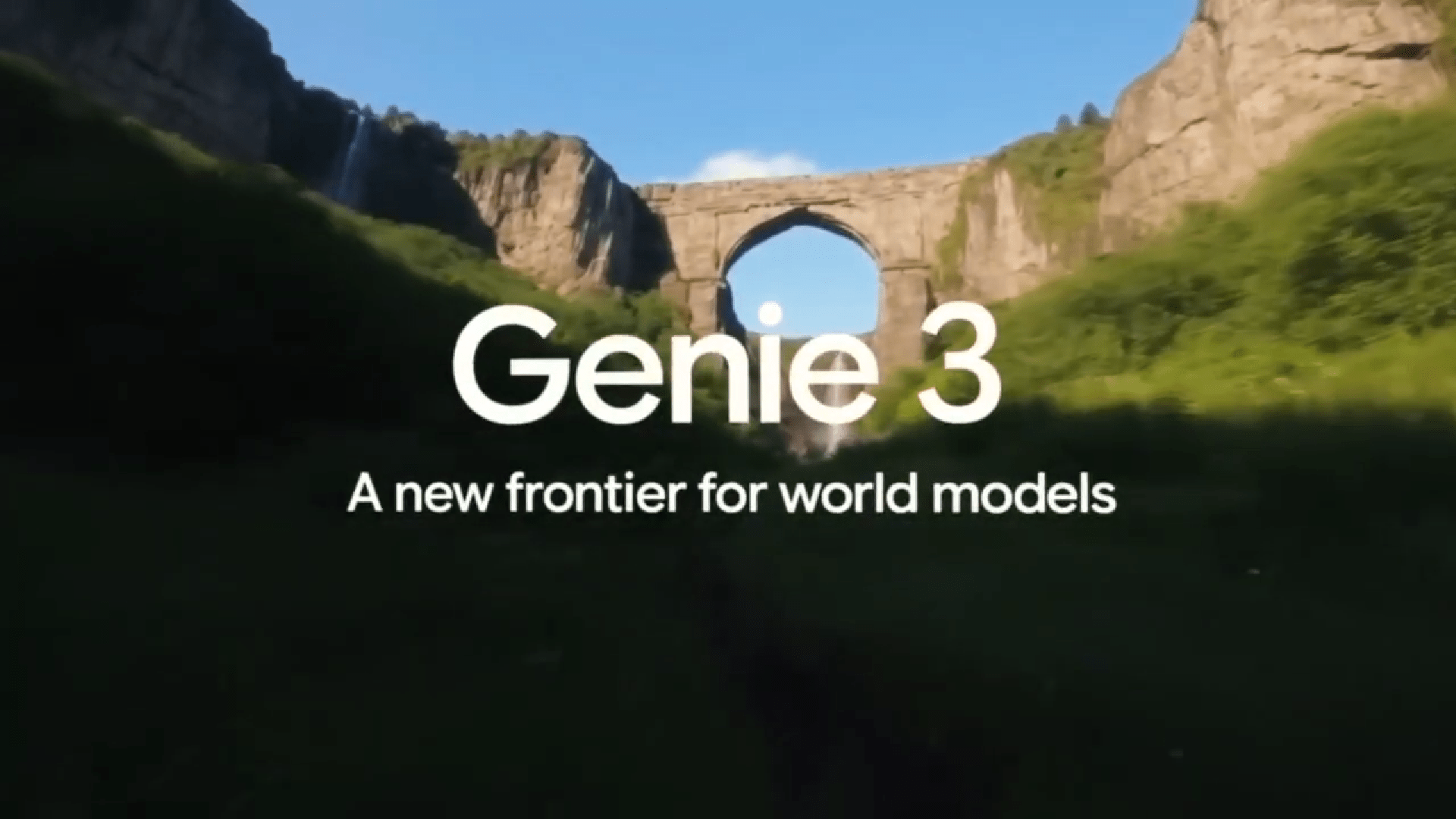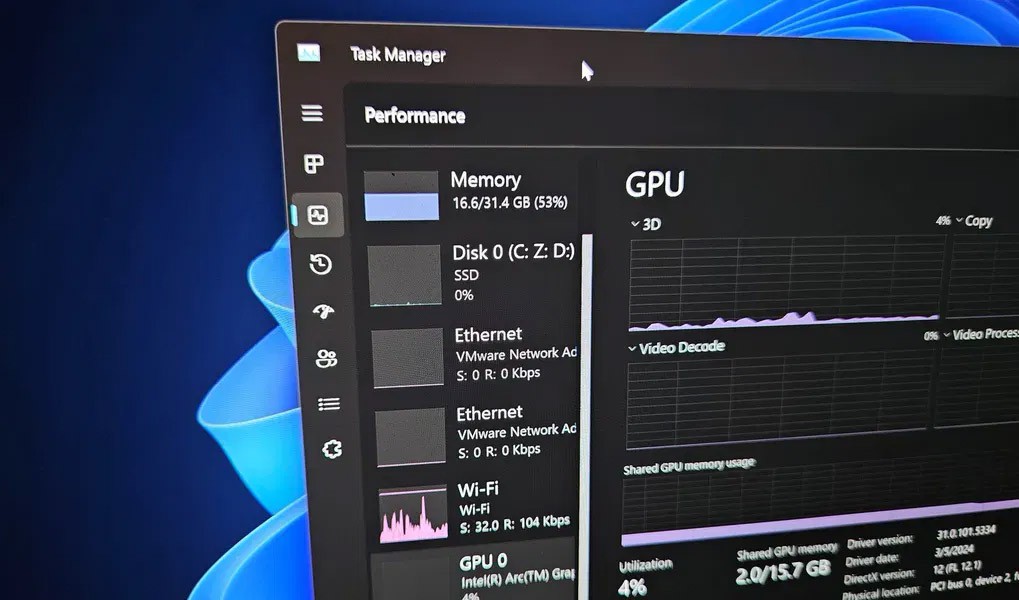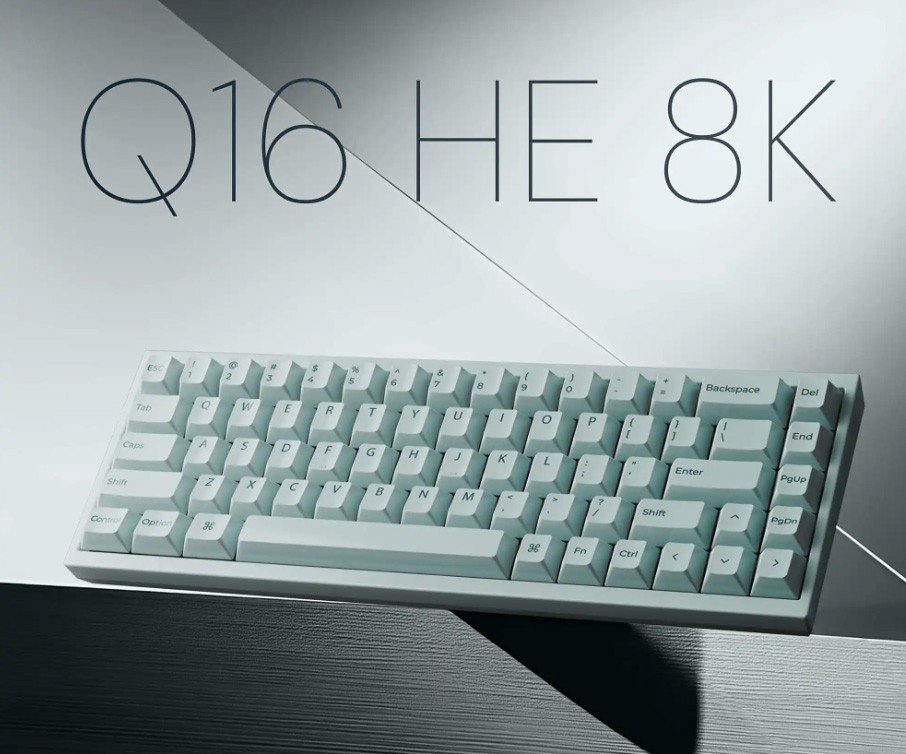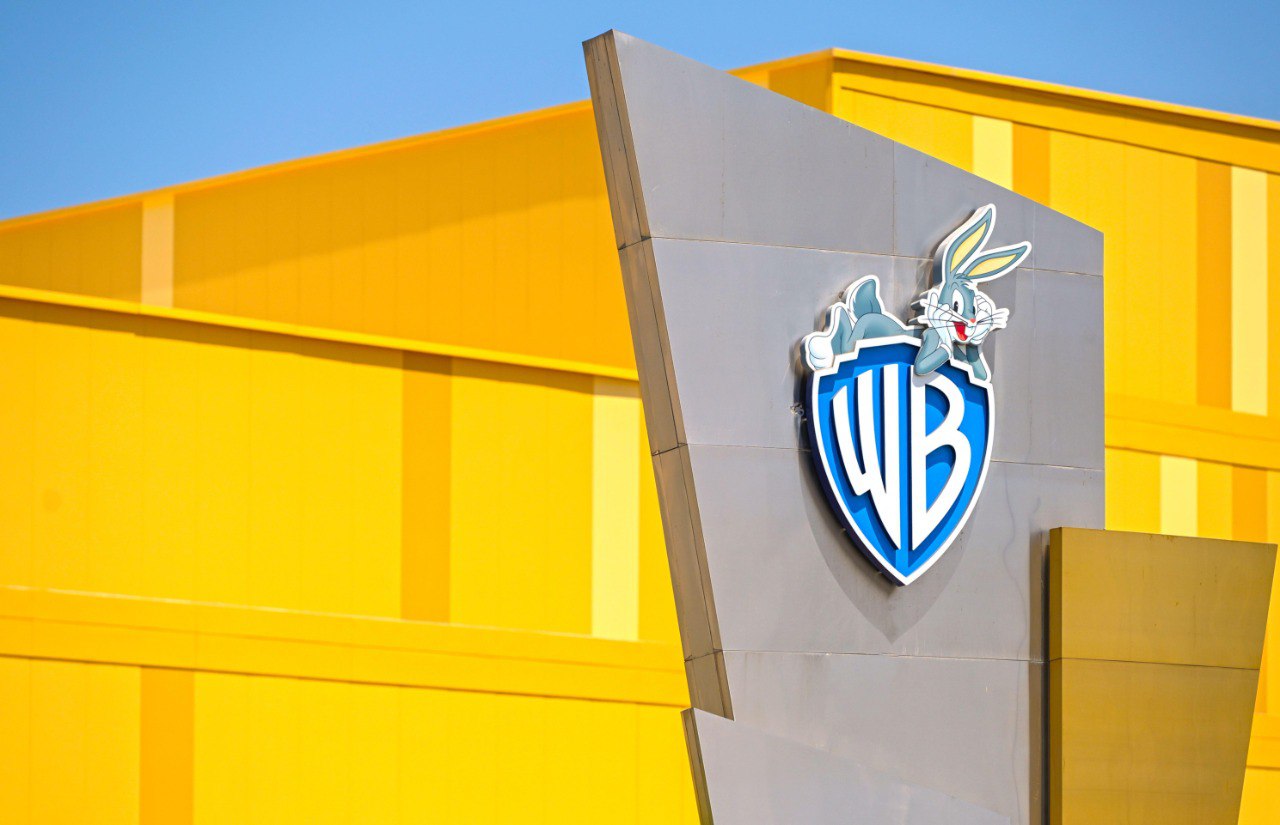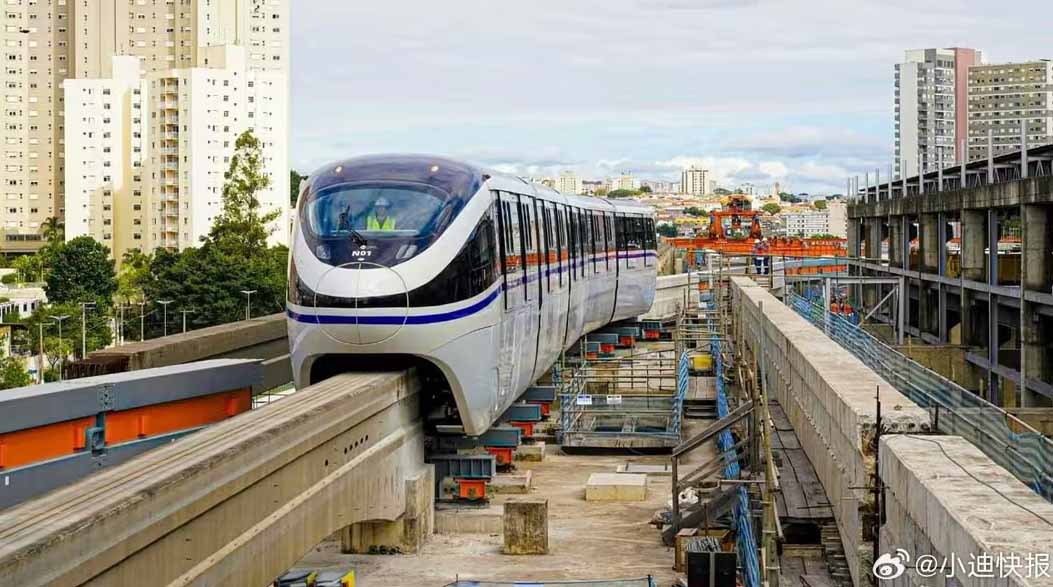xAI, founded by Elon Musk, has unveiled an ambitious project in the field of high — performance computing-the Colossus 2 supercluster, which will become the world's first gigawatt computing center designed for training artificial intelligence systems. The large-scale project is designed to provide infrastructure for the Grok chatbot and other AI-related products.
According to official information, Colossus 2 will use 550,000 Nvidia GPUs, including the advanced GB200 and GB300 models. This is more than twice the capacity of the current Colossus 1 cluster, which operates about 230,000 GPUs, including 30,000 GB200 chips. It is expected that the first stage of Colossus 2 will start operating within the next few weeks.
The key goal of the project is to provide a platform that can handle the amount of data needed to train next-generation language models. In particular, we are talking about improving the accuracy and reliability of responses from the Grok AI system, which xAI positions as a tool that is as close as possible to the “absolute truth”, in the words of Elon Musk. The announcement underscores the company's ambition to create AI that goes beyond generic text generation and is capable of human-like analytics.
The financial component of the project is comparable to the largest infrastructure initiatives in the field of IT. According to preliminary estimates, xAI plans to raise up to $ 12 billion for the purchase of equipment and construction of data centers. This demonstrates the strategic nature of investments aimed not only at achieving technological superiority, but also at long-term dominance in the AI infrastructure segment.
Colossus 2 is a response to the increasing competition in the AI industry, where xAI is pitted against major players such as OpenAI, Google, and DeepSeek. Expanding computing capabilities is becoming a key factor in the fight for leadership, and access to advanced Nvidia chips is a strategic resource.
Photos published by Elon Musk show the scale of the future cluster, including the density of GB200 accelerators and engineering solutions to ensure stable operation under extreme loads. Against the background of a global shortage of AI equipment, the launch of Colossus 2 can change the balance of power in the industry and set new standards for computing power in training artificial intelligence models.

